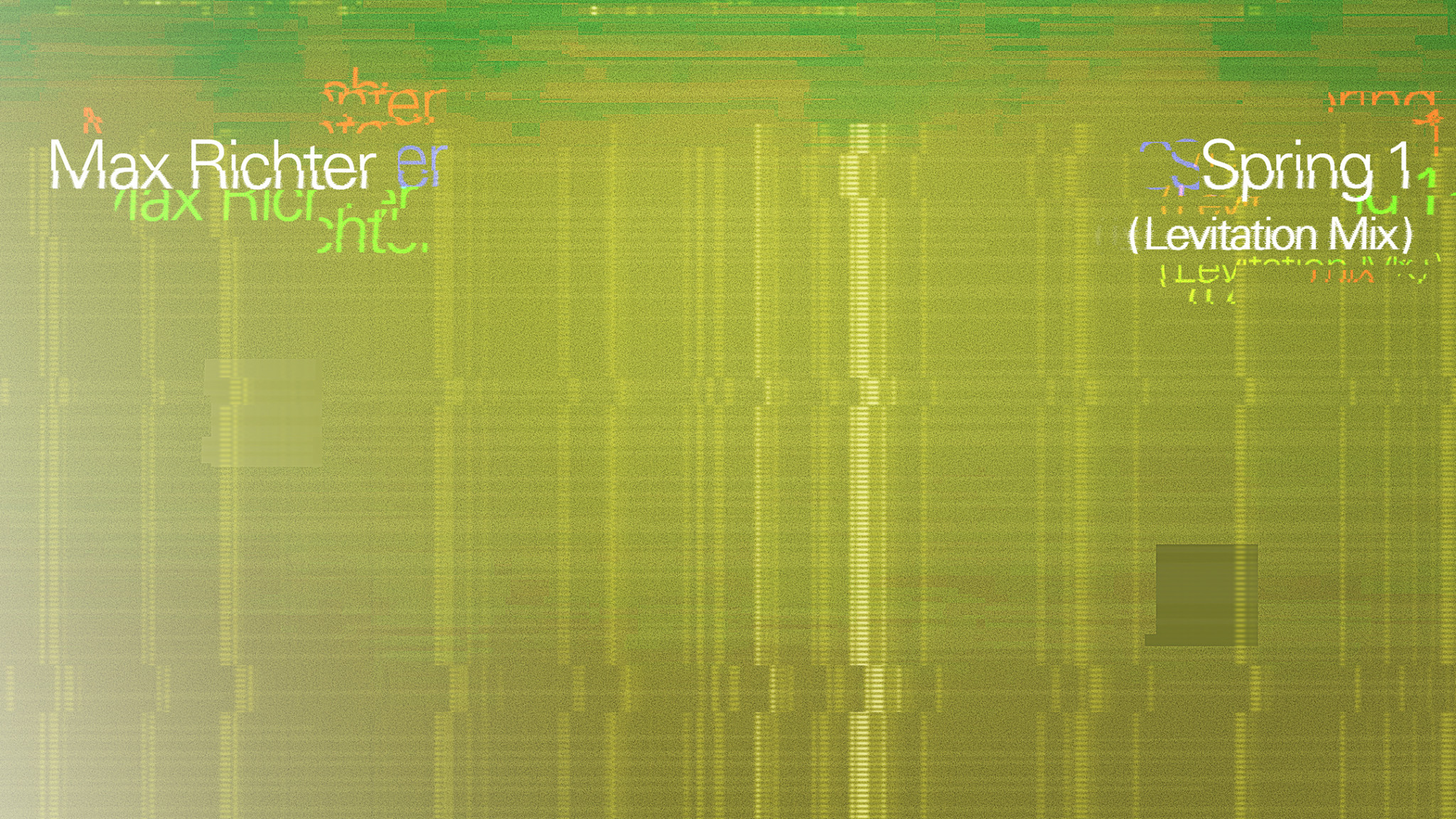Max Richter's Tribute To Beethoven: Opus 2020

Max Richter is paying homage to ground-breaking composer Ludwig van Beethoven on the occasion of his 250th anniversary on 17th December. Max Richter’s new work “Opus 2020” will consist of two musical components: for one, a subtle and soothing piano solo ‘Andante Loops’. For another, Max gifts his audience with the orchestral piece ‘Opus 2020’ to complete his work of “Opus 2020” and thereby his contribution to our Beethoven anniversary year.
Today his single ‘Andante Loops’ is released, this week exclusively on Apple Music. Just before Beethoven’s birthday, on 16 December, the World Premiere Performance of “Opus 2020” will take place in collaboration with the Beethoven Orchestra Bonn during the BeethovenNacht in Bonn presented by DEUTSCHE TELEKOM. On 17 December, the full digital EP is released exclusively on Apple Music, one day later on all other streaming partners.
“Opus 2020”, recorded in November 2020 with pianist Elisabeth Brauß, the Beethoven Orchester Bonn and conductor Dirk Kaftan, embodies Max Richter’s creative dialogue with the music of Beethoven. It also embraces the spirit of an earlier tribute piece, Karlheinz Stockhausen’s ‘Opus 1970’, made to mark Beethoven’s bicentenary fifty years ago.
‘Opus 2020’ captures the multi-layered strands of Richter’s score. The 18-minute work includes fragments of Beethoven’s music treated as overlapping sound collages. “When I started thinking about Opus 2020, I decided to bring some elements of Beethoven’s and Stockhausen’s practice into the present in new ways,” recalls Richter. “This intertextuality is typical of my work; whatever else a piece might be about, it is also, at some level, about other music.”
Stockhausen’s ‘Opus 1970’ reworks ideas from his earlier Kurzwellen for shortwave radios. The piece imagines that the radio sets, replaced in ‘Opus 1970’ by tape recorders, are all tuned to programmes playing Beethoven, over and around which Stockhausen reads excerpts from the heart-breaking ‘Heiligenstadt Testament’, the document written by Beethoven in 1802 as he was struggling to come to terms with progressive hearing loss. His sense of isolation and despair are eloquently expressed in its text, with a spark of hope evident in his decision to live on for the sake of his art, despite the toll life was then taking on him.
Max Richter set out to compose an orchestral work that treated Beethoven fragments like “tape loops”, but played by instrumentalists rather than on machines. ‘Opus 2020’ grew from that initial thought. “In order to realise this idea I have had to rethink how the orchestra works, and it has resulted in a very challenging, though seemingly simple score,” he comments.
Composing ‘Opus 2020’ involved integrating and overlapping fragments of different lengths and tempos and transforming the orchestra, usually governed by hierarchies of instruments, into what Richter calls a “democratic community” of ensembles. “A kind of ideal orchestral society emerges from this, embedding Beethoven’s humanistic vision in the process,” he observes. “The orchestral hierarchy is flattened out in favour of a democratic space. Echoing Beethoven’s vision, I too believe passionately in the elevating effect of creative works on individuals and society.”





